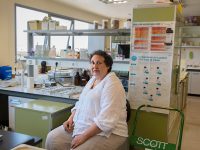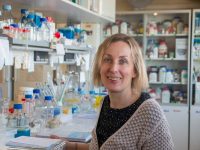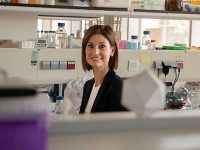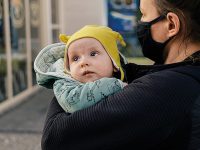Analysing pathogens in wastewater
Glòria Sánchez is a senior researcher at IATA-CSIC
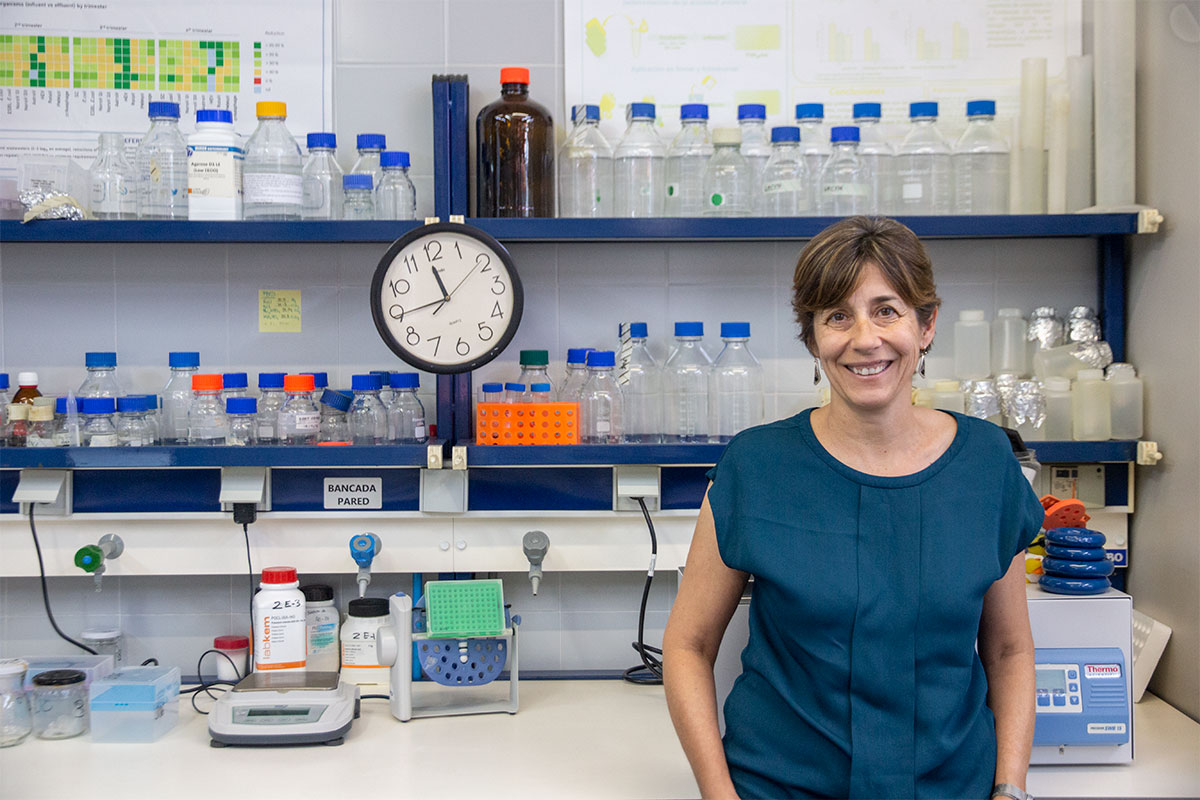
I am Glòria Sánchez, researcher at the Institute of Agrochemistry and Food Technologies (CSIC) in Valencia and principal investigator of the Environmental Virology and Food Safety Group. Our group works with food-borne pathogens and we have three lines of research. On the one hand, we are implementing methods to detect these viruses in water and food. Secondly, we are looking at whether the processes used by the food industry can inactivate these viruses, and we are evaluating the disinfection systems used in wastewater treatment plants. Finally, in the third line of research, we are using massive sequencing techniques. This allows us to see not only how many viruses we find in food and water, but also what type of virus it is.
With the onset of the pandemic, we adapted our methodology to detect SARS-CoV-2 in wastewater. This was an epidemiological tool to see when cases were occurring in certain neighbourhoods or populations. Wastewater was already being used before the pandemic to screen what was happening in a particular population without having to go from person to person, but the covid pandemic has highlighted the work of our group and many others working in this field. For example, we look for respiratory syncytial virus or influenza virus, so sewage gives us information about whether there is an increase or decrease in these infections in a particular population.
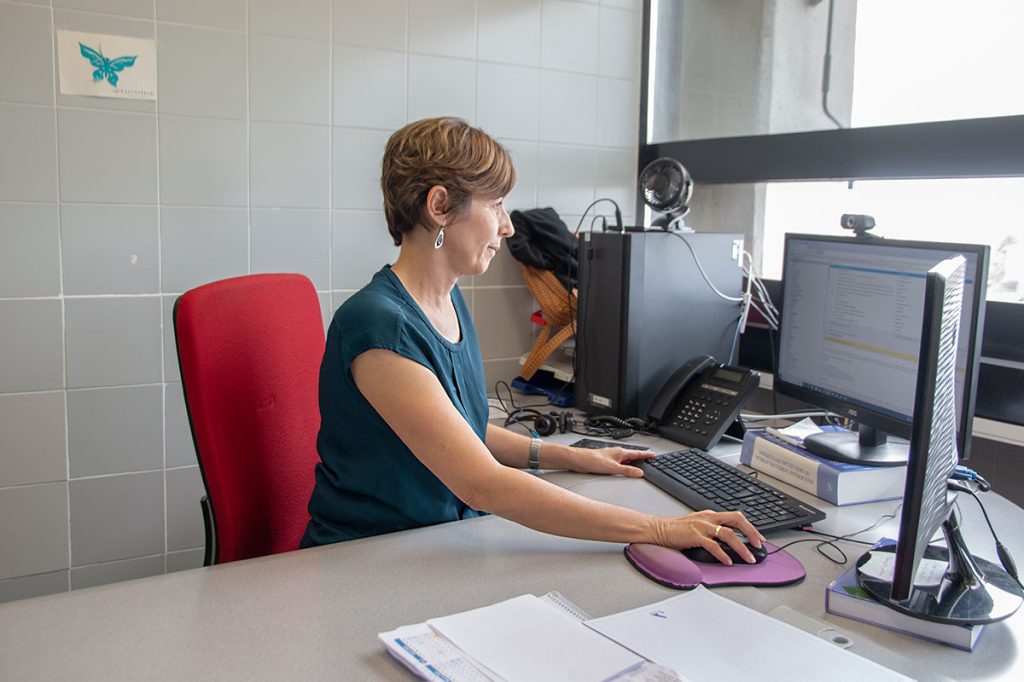
Scientific researcher Glòria Sánchez. / Photo: Lautaro Iglesias
In our group, we are currently focusing on water reuse. In a context of water scarcity, the European Union is trying to ensure that treated water can be used for irrigation. However, this water must meet certain quality requirements and be free of pathogens. So we are working to see what kind of viral pathogens we can find in this water. We are also starting to look at the issue of antibiotic resistance using molecular techniques to detect phages – viruses that infect bacteria – in wastewater that may carry resistance genes.
An important part of my job is to apply for projects so that we can maintain the activities of the group and its people, which are essential for the good functioning of the research group and whose stability is often not guaranteed. That is the most bureaucratic part. On the other hand, there is the part of disseminating the results at congresses, in committees… This means that I am no longer so present in the laboratory, although I am in contact with the people who work there. Basically, what I like most is talking about the results, seeing how our lines of research are developing, etc., but the administrative part takes up a lot of time.


